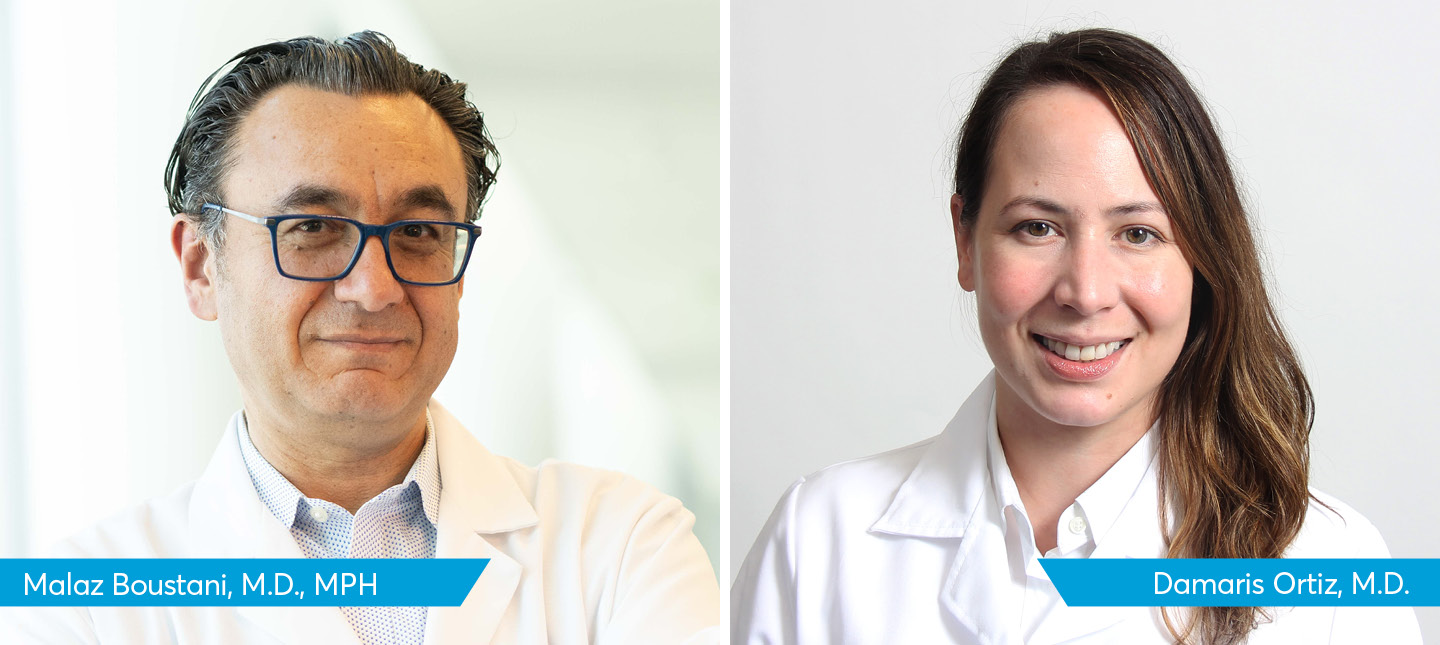Published in JAMA Here is a link to the article.
Regenstrief Institute authors: Sarah Wiehe, MD, MPH
Abstract
Importance: According to survey data, 12.8% of households experienced food insecurity in 2022, with 7.7% of households experiencing low food security and 5.1% experiencing very low food security. Nearly one-third of households with incomes below the federal poverty threshold are food insecure. Food insecurity is one among a multitude of medical, psychological, and social conditions common among economically disadvantaged households.
Objective: The US Preventive Services Task Force (USPSTF) commissioned a systematic review to evaluate the evidence on the benefits and harms of screening for food insecurity in the health care setting.
Population: Children, adolescents, and adults.
Evidence assessment: The USPSTF concludes that the evidence is insufficient and the balance of benefits and harms for screening for food insecurity on health outcomes in the primary care setting cannot be determined.
Recommendation: The USPSTF concludes that the current evidence is insufficient to assess the balance of benefits and harms of screening for food insecurity on health outcomes in the primary care setting. (I statement).
Authors:









